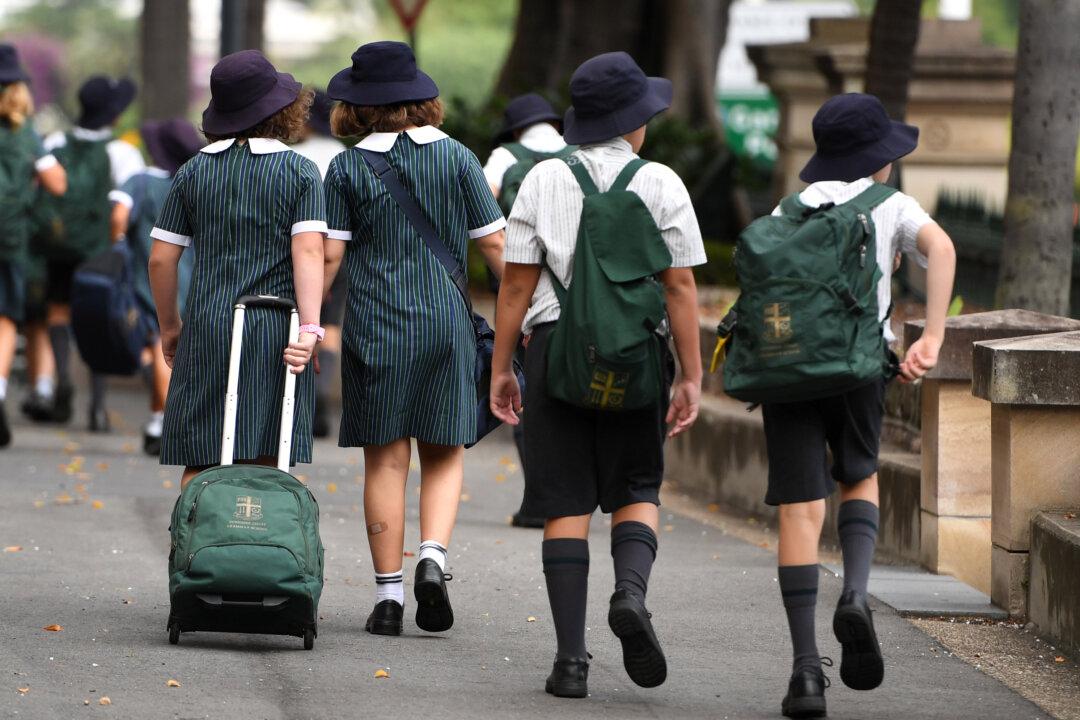The Australian government’s push to teach primary school students about consent, relationships, and gender diversity has attracted heavy criticism from parents who worry about the unhealthy impact it will have on young children.
According to the revised Health and Physical Education curriculum that will be finalised by the end of 2021, students from years 3-6 will start learning about consent and sexuality, such as setting personal boundaries, “challenging” gender identities and applying “strategies” to give permission in different situations, such as when sharing photos online.





